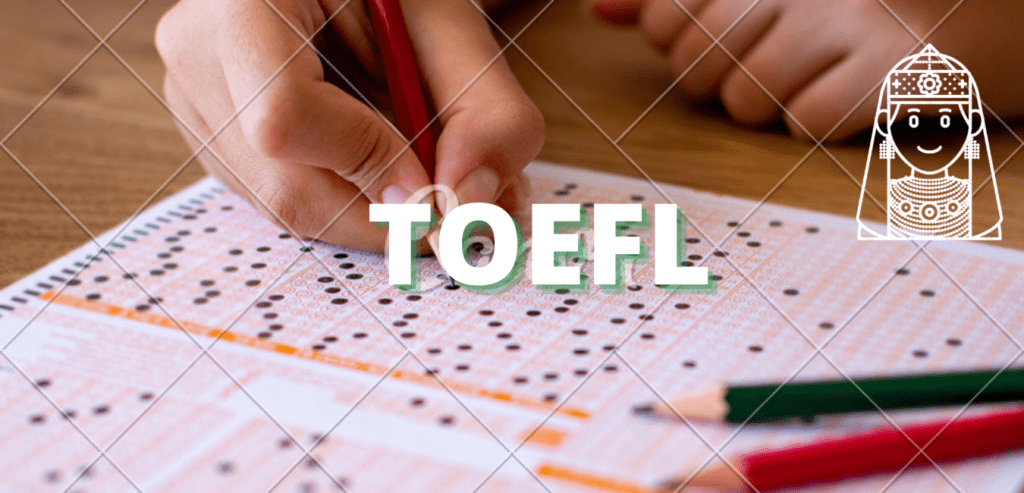
Tadeu from Brazil took the TOEFL exam and scored 109, Rafaat from Pakistan re-took the TOEFL exam and scored 104, and Kathy from Argentina scored 114 on her TOEFL exam. Those who score over 100 ranks in the 10-20 percentile of all test-takers, so they are an elite group. But what makes their English proficiency so spectacular? I conducted a survey of 14 test-takers, all of whom scored over 100 to see what makes them so special. A look at their extended exposure to the language, a regular routine of reading and listening practice, and limited explicit TOEFL preparation may shed light on why and how these test-takers scored so high.
Long-Term Exposure to English
First of all, one commonality among the 14 surveyed test-takers is the length of exposure they had to the English language. In every case, these test-takers reported that they had used the language for more than ten years. In fact, even though English was not their native tongue, they regularly spoke it in the home with their parents and siblings. 80% of these test-takers reported that at least one or both parents had previously studied English and had attended an American University to pursue undergraduate or graduate studies.
Regular Reading and Listening Practice
Second of all, these high-scoring test-takers also had engaged in a regular routine of reading and listening to English for several years leading up to the moment in which they took the TOEFL exam. For instance, over a three-year period, Tadeu read the entire Harry Potter series of books, Rafaat read English newspapers while taking the subway for 2.5 years, and Kathryn read a half dozen fiction books by John Grisham, who specialized in writing dramatic stories about lawyers.
In addition, these TOEFLers had extensive listening practice with websites such as National Public Radio and Ted Talks and watched movies for years, which, in addition to helping them develop advanced listening comprehension, helped these test-takers speak more proficiently with a high rate of intelligibility. For example, Teresa, who scored 109, said that she had watched popular television shows such as Breaking Bad, American Idol, and The Good Wife. Consequently, she can understand pretty much everything that is said to her, and she talks like a near-native speaker of English.
Limited Explicit TOEFL Preparation
The last similarity among these test-takers is the limited time they spent explicitly preparing for the TOEFL exam. It seems to hard to believe, but these 14 test-takers reported that they had studied TOEFL for as few as 3 to 8 weeks. In Tadeu’s case, she had studied for three weeks, but Rafaat, who said he had to solve some speaking and writing issues, had studied TOEFL for 2 months. During their short TOEFL preparation stint, these test-takers learned about the format of the reading, listening, speaking, and writing sections of the exam and learned test-taking strategies. Many of them bought TOEFL materials directly from Educational Testing Service. Once these test-takers were familiar with the structure and test-taking strategies for the TOEFL exam, they used their existing English abilities and took the test, and scored 100+.
To sum up, extended exposure to English dramatically affects one’s TOEFL score. Explicit TOEFL preparation is beneficial to a limited degree inasmuch as it helps the individual get used to the structure of the exam and to develop test-taking strategies.
Michael Buckhoff is the founder, materials writer, and instructor for the Online TOEFL Course “The 7-Step System to Pass the TOEFL iBT” and teaches 1000’s of international students online each year. In addition, a CSUSB professor since 1994, Mr. Buckhoff (mbuckhoff@aol.com) has been helping international and domestic students achieve college success.
If you need to prepare for an upcoming TOEFL exam, you can become one of his online students by joining